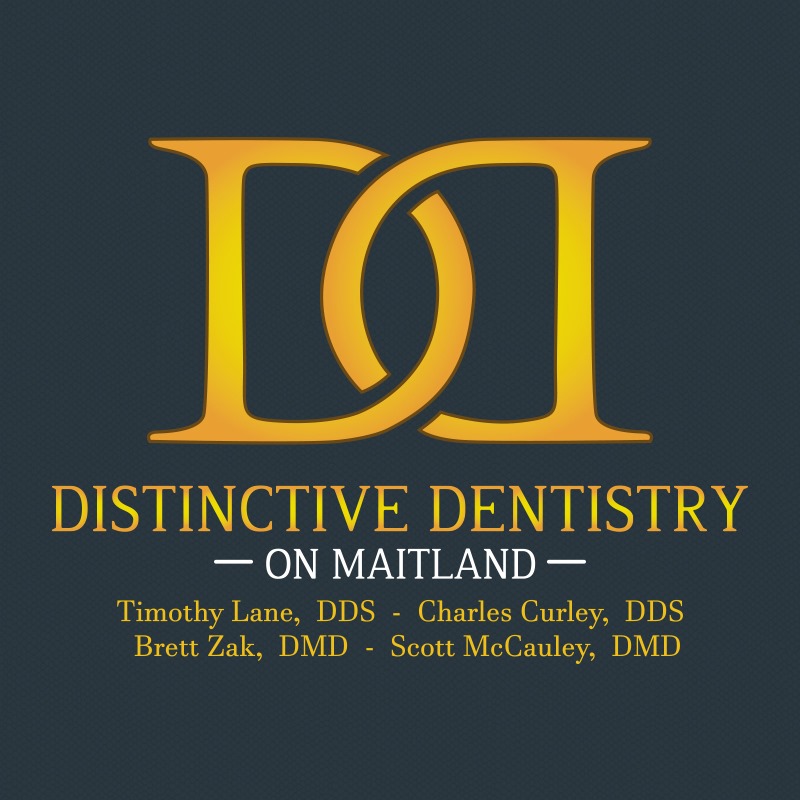Our oral health is important not just for our appearance but also because of how it affects our overall health. There are some habits that can damage our oral health; here are some of them.
Not Brushing Your Teeth Regularly
If you don't have a regular brushing and flossing routine, you may be at risk of developing tooth decay or gum disease. Even if you do brush twice a day, you may not be doing it correctly. You should brush your teeth for at least two minutes at a time, making sure to get every tooth's surface and every crevice. You should also floss daily, using a strand of floss that is about 18 inches long to make sure you get all food particles out between your teeth.
Nail biting
A bad habit we might all be familiar with is nail biting! It is also known as onychophagia and can result in various oral concerns, including damage to teeth and even jaw problems. If you chew your nails, consider some alternative options to help break this nasty habit for good! These might include carrying around small stress balls or keeping your hands busy with activities like knitting.
Using teeth as tools
The bite force our teeth can generate is strong enough to crack or chip most foods. When you use your teeth to open packages or tear through plastic, you're putting your smile at risk for chips or other unexpected injuries. Avoid using your teeth as tools whenever possible to protect your smile from unnecessary damage.
Chewing ice cubes
While ice may seem like the perfect remedy for a sore tongue or mouth, it can actually damage your teeth. Due to the extremely cold temperature of ice, the enamel on your teeth can crack and chip away over time. In extreme cases, this can lead to even more severe tooth pain, expensive dental work, and even tooth loss. This habit can also contribute to headaches or jaw pain as well by causing teeth grinding or TMJ disorder. So the next time you're in the mood for something cold and sweet, reach for a cold beverage instead!
Thumb sucking
Thumb sucking is pretty common during infancy and childhood. However, when thumb sucking persists after the age of three, it can result in problems related to oral health. These include misalignment of teeth, speech difficulties, and bite problems. A habit that begins in childhood can persist for many years or decades if left untreated. This can affect both the aesthetic appearance of the smile as well as the health of the mouth. If a child has a severe thumb-sucking problem, they may benefit from the use of myofunctional therapy.
Teeth grinding
When you grind your teeth, you're basically putting too much pressure on your jaw joints. This isn't just uncomfortable; it can also cause problems with your bite or even contribute to TMJ disorder. If you already have a habit of grinding your teeth, it's best to talk to your dentist about what you can do to help curb it. Some patients find using a night guard or mouthguard helpful in reducing the strain on their jaw joints. Others find that simple lifestyle changes like taking a warm bath before bed can help them relax enough to not clench their teeth while they sleep.
Brushing too hard
When we brush our teeth too vigorously, it wears away at the enamel and causes the gums to recede over time. The gums will then expose more of the root surface of the tooth, which may result in sensitivity and cause the tooth to be more vulnerable to decay.
Patients should keep the toothbrush at a 45-degree angle towards the gumline when brushing and gently move the toothbrush back and forth in short strokes. Long sweeping motions can result in the removal of the enamel and exposure of the root of the tooth.
To find out more about the dental services we offer at Distinctive Dental on Maitland, call (407) 830-9800 or schedule your consultation online. You can also visit us at 609 Maitland Ave STE 1, Altamonte Springs, FL 32701.
More Blog Posts
Office Hours
MON - TUE7:00 am - 3:00 pm
WED7:00 am - 5:00 pm
THU7:00 am - 3:00 pm
FRI8:00 am - 12:00 pm
SAT - SUNClosed











